Тест №12 по ЕГЭ-2025. Английский язык. ВЕРБИЦКАЯ
- Подробности
- 2005
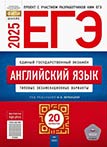
Прочитайте текст. Заполните пропуски в предложениях под номерами В4-В10 соответствующими формами слов, напечатанных заглавными буквами справа от каждого предложения. TEST 01-21 (part 1)
The Rise of Moscow as the Capital
| 19 | By the second half of the 15th century Moscow became the undisputed centre of a unified Russian state. During the reign of the grand prince of Moscow Ivan III, the Kremlin
and it got brick walls more than a mile in length and in some places up to 60 feet (18 metres) high.
"Was enlarged" - был расширен,
форма "Past Simple Passive" используется для описания завершённого действия, выполненного кем-то.
Перевод: The Kremlin was enlarged - Кремль был расширен.
|
ENLARGE |
| 20 | In 1534–38 the Kitay-gorod, previously
only by earth banks and palisades, was also surrounded by a brick wall, with 12 towers.
"Had been protected" - был защищён,
форма "Past Perfect Passive" используется для описания действия, завершённого до другого действия в прошлом.
Перевод: Previously had been protected - Ранее был защищён.
|
PROTECT |
| 21 | The town
and spread outside the walls to form what became known as the Bely Gorod (“White City”) in a semicircle around the Kremlin and Kitay-gorod.
"Grew" - рос,
форма "Past Simple" используется для описания завершённого действия в прошлом.
Перевод: The town grew - Город рос.
|
GROW |
Read by Neuralnet
Albert Einstein
| 22 | Most people probably know Albert Einstein as the most intelligent person who ever lived. His name
part of many languages when we want to say someone is a genius, as in the phrase, “She’s a real Einstein”.
"Has become" - стал,
форма "Present Perfect" используется для описания действия, начавшегося в прошлом и имеющего значение в настоящем.
Перевод: His name has become part - Его имя стало частью.
|
BECOME |
| 23 | In 1999, Time magazine named Einstein as the Person of the Century. No one could have guessed this
when he was at school. He was extremely interested in science but hated the system of learning by heart. He said it destroyed learning and creativity. He had already done many experiments, but failed the entrance exams to a technical college.
"Would happen" - произойдёт,
форма "Future-in-the-Past" используется для обозначения будущего действия с точки зрения прошлого.
Перевод: No one could have guessed this would happen - Никто не мог бы предположить, что это произойдёт.
|
HAPPEN |
| 24 | He didn’t let this setback stop him. He eventually graduated from university, in 1900, with a degree in physics. Twelve years later he was a university professor and in 1921, he
the Nobel Prize for Physics. He went on to publish over 300 scientific papers.
"Won" - выиграл,
форма "Past Simple" используется для описания завершённого действия в прошлом.
Перевод: He won the Nobel Prize - Он выиграл Нобелевскую премию.
|
WIN |
Read by Neuralnet
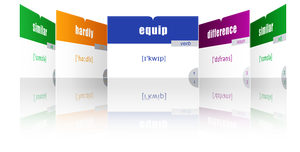



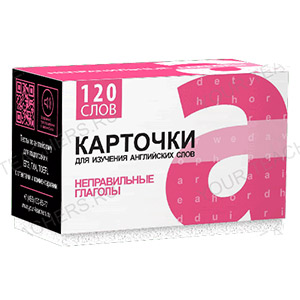
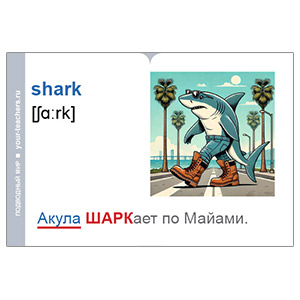
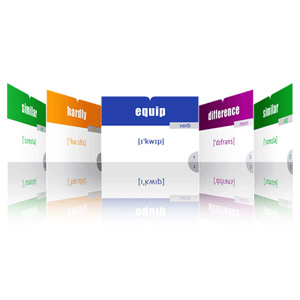
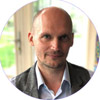
 Как правильно изучать английский язык по карточкам (статьи)
Как правильно изучать английский язык по карточкам (статьи)